Optimal Timing for Vapor Barrier Installation
Vapor barrier installations are most effective when performed during specific periods of construction or renovation. Optimal timing depends on climate conditions, project scope, and building type. Proper scheduling ensures the vapor barrier functions effectively, preventing moisture intrusion and mold growth.
Warmer months with dry weather provide ideal conditions for vapor barrier installation, reducing the risk of moisture entrapment and allowing for quicker curing times.
Installing vapor barriers during foundation work ensures protection from moisture before interior finishes are applied, especially in new builds or major renovations.
Applying vapor barriers prior to insulation enhances moisture control and prevents issues related to trapped moisture within wall cavities.
In regions with low humidity levels, scheduling installations during dry seasons minimizes moisture-related complications and improves adhesion.
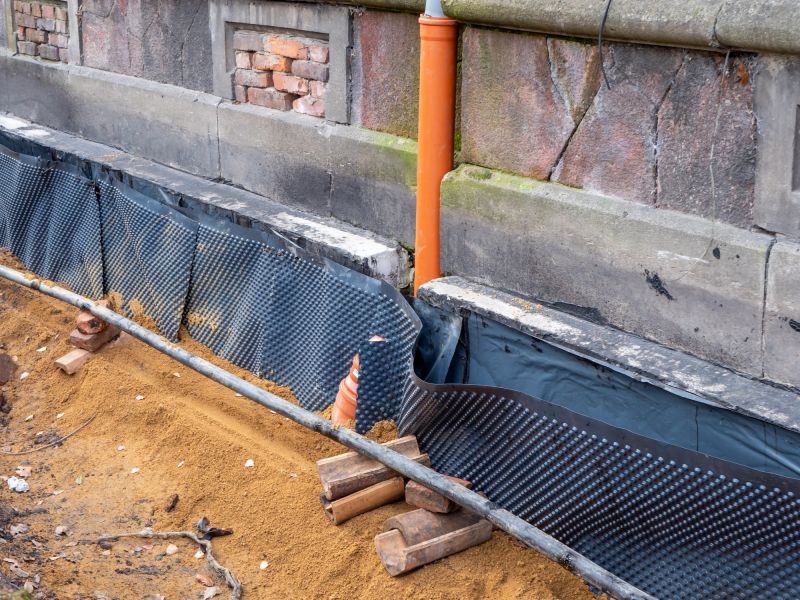
Installation of vapor barrier beneath concrete slabs to prevent moisture ingress.
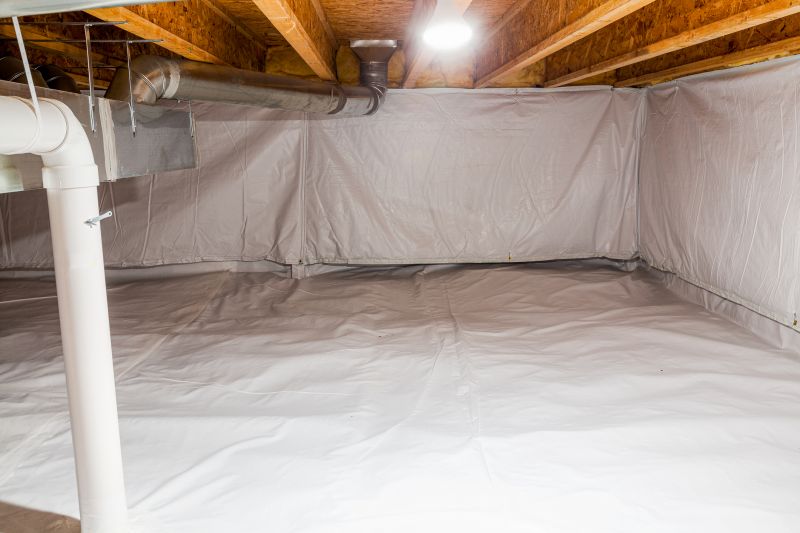
Applying vapor barrier on interior walls during renovation projects.
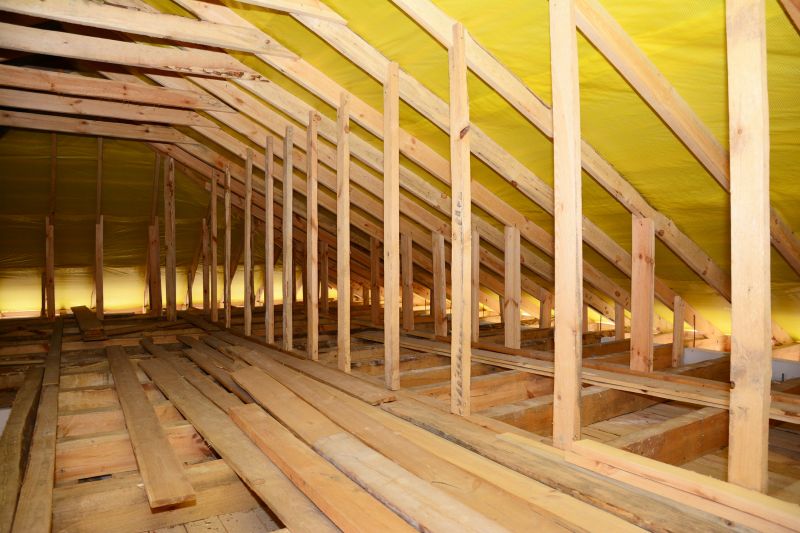
Sealing attic spaces with vapor barriers to control moisture movement.
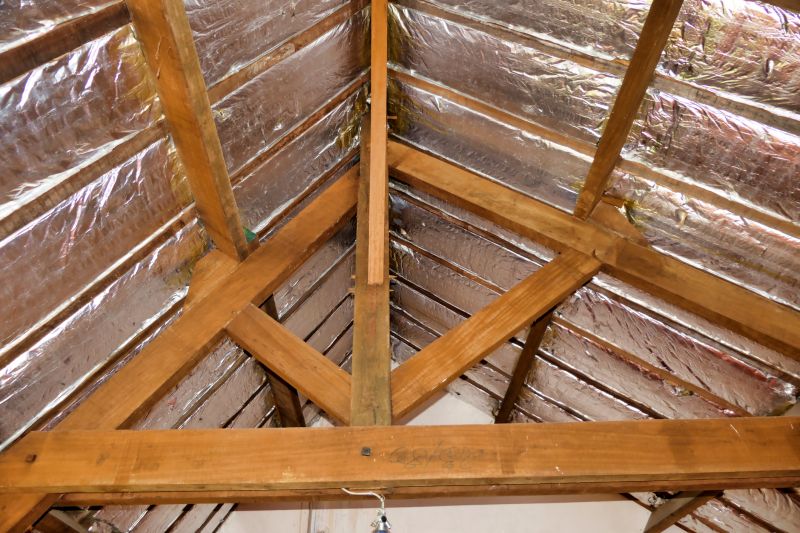
Ways to make Vapor Barrier Installations work in tight or awkward layouts.
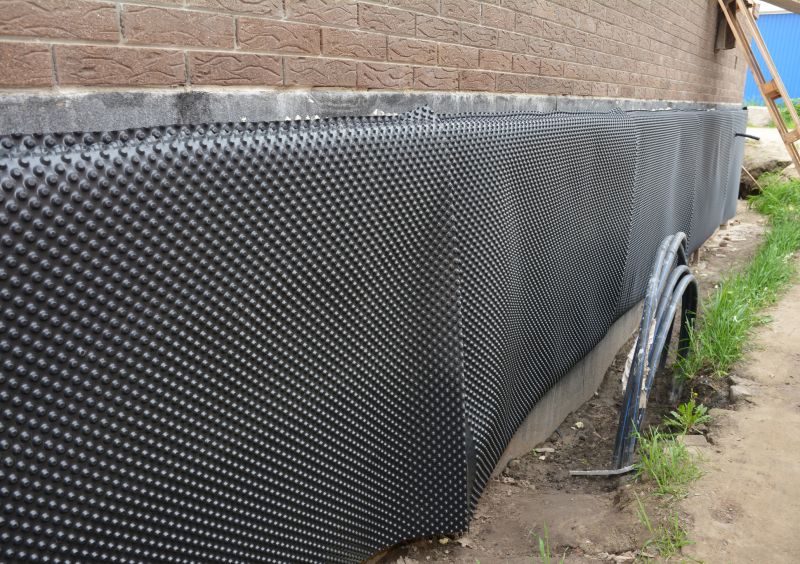
Popular materials for Vapor Barrier Installations and why they hold up over time.
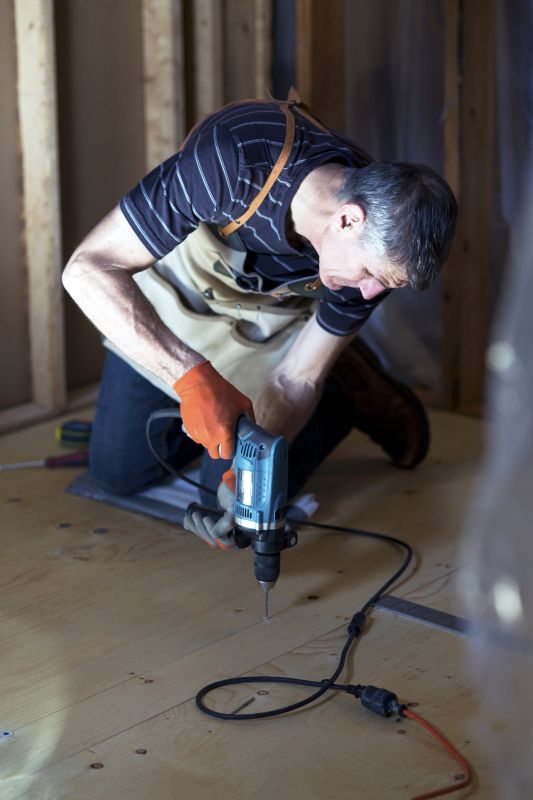
Simple add-ons that improve Vapor Barrier Installations without blowing the budget.
| Season/Period | Advantages |
|---|---|
| Spring/Summer | Dry weather, quick curing, reduced moisture risk |
| Foundation construction phase | Protection before interior finishes |
| Dry climate periods | Minimized moisture complications |
Vapor barrier installations are a critical component of moisture management in building construction and renovation. Proper timing enhances their effectiveness, reduces potential issues related to moisture, and extends the lifespan of building materials. Scheduling installations during optimal weather conditions and construction phases ensures maximum performance and durability.
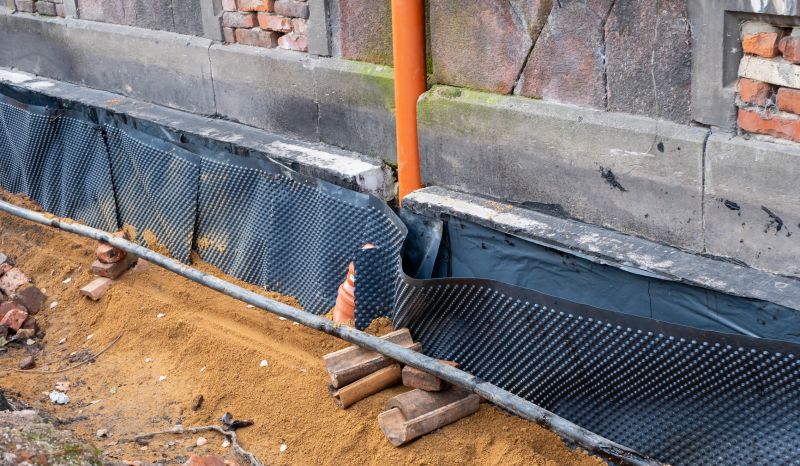
Placement beneath concrete slabs to prevent moisture migration.
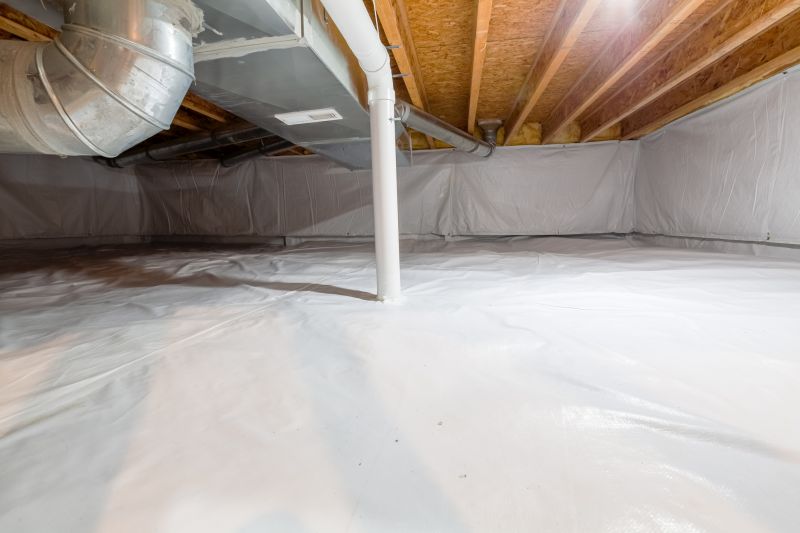
Integrating vapor barriers with wall insulation systems.
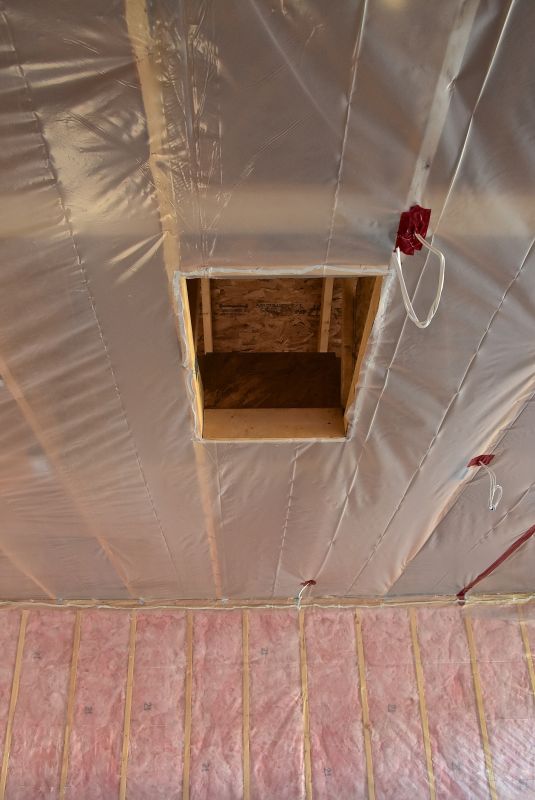
Sealing attic spaces with vapor barriers for moisture control.
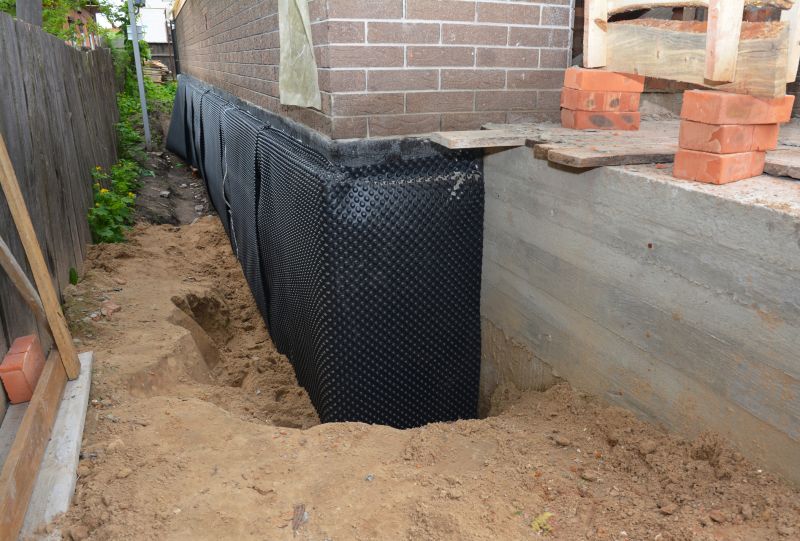
Applying vapor barriers in basement walls to prevent dampness.
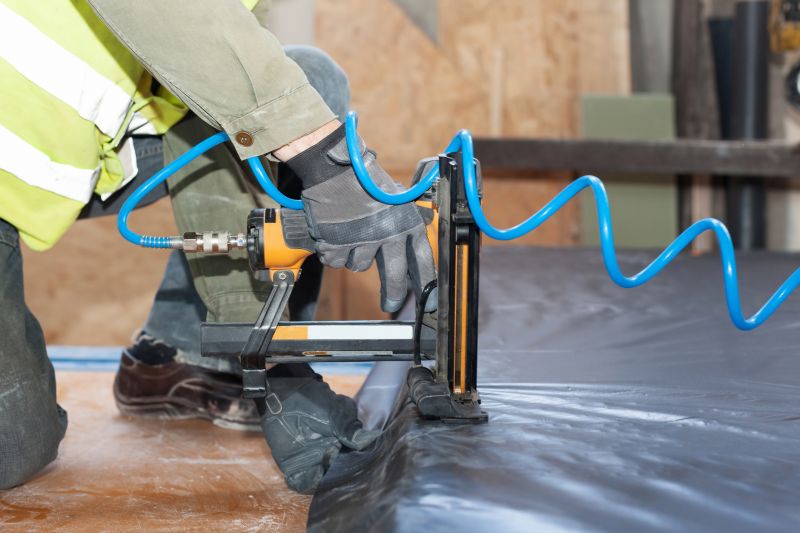
High-end options that actually feel worth it for Vapor Barrier Installations.
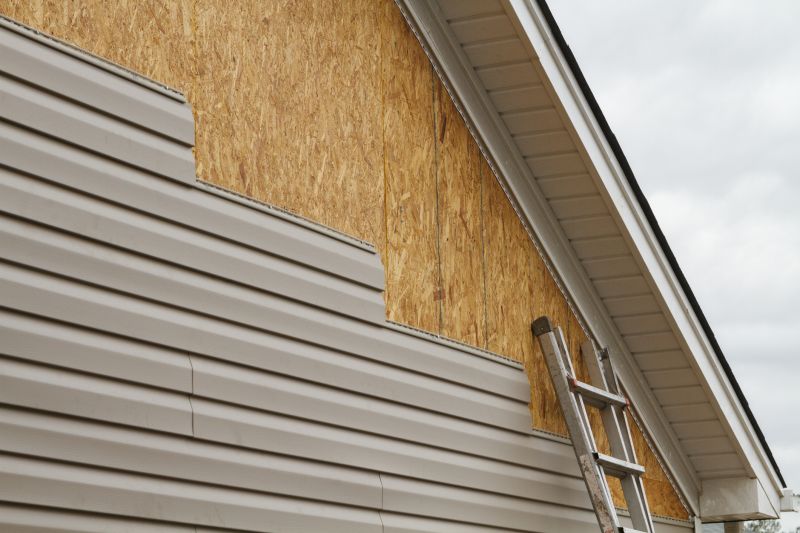
Finishes and colors that play nicely with Vapor Barrier Installations.
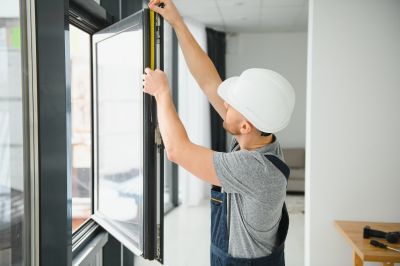
Little measurements that prevent headaches on Vapor Barrier Installations day.
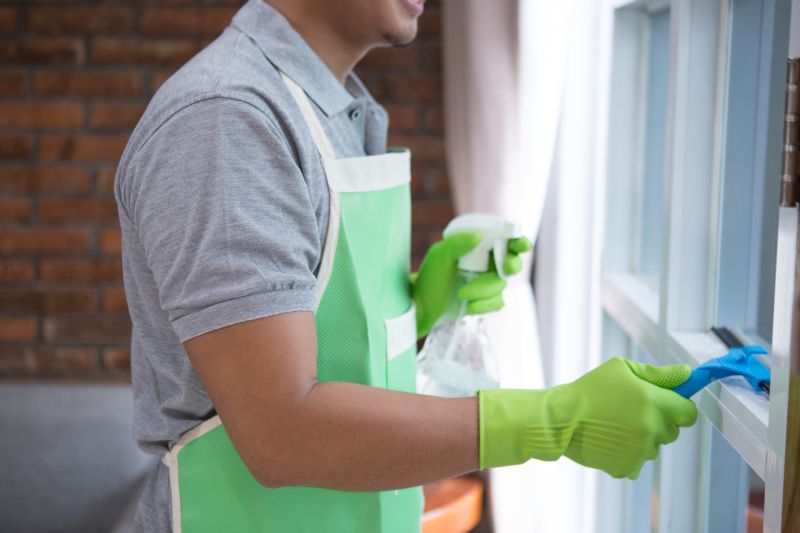
A 60-second routine that keeps Vapor Barrier Installations looking new.
Interested in vapor barrier installations? Filling out the contact form can provide more information and assistance in scheduling the appropriate timing for specific building needs. Properly timed installations contribute to long-term moisture control and building integrity.
